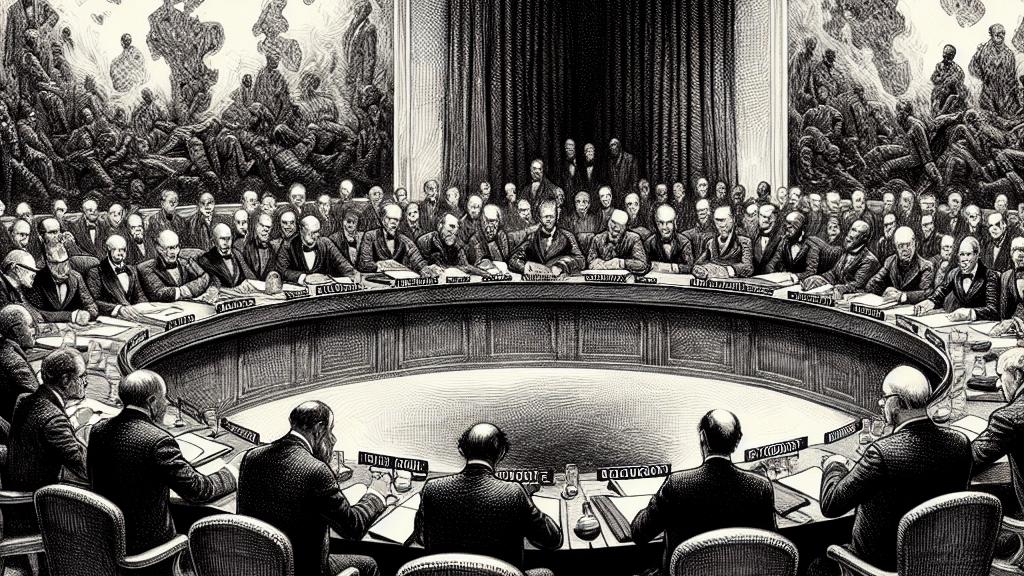US Advocates for Permanent UN Security Council Seats for Africa
Overview
- In a transformative announcement, the US is pushing for two permanent Security Council seats dedicated to African nations.
- This strategic initiative aims to rebuild diplomatic ties and respond to global concerns about representation.
- The proposal highlights the urgent need for reform within the Security Council to address legitimacy and relevance in today’s world.

A Groundbreaking Move
On September 12, 2024, the United States staged a pivotal moment at the Council on Foreign Relations in New York by formally advocating for two permanent United Nations Security Council seats for African nations. This announcement is not just a policy shift; it is a vital step toward mending the frayed relationships between the US and African countries, many of which harbor frustrations over American support for Israel amidst the Gaza conflict. Ambassador Linda Thomas-Greenfield passionately underscored that this initiative embodies President Biden’s broader vision of strengthening ties with Africa, while also countering the expanding influence of countries like China, which has significantly ramped up its engagement with the African continent.
The Rationale Behind Reform
The call for these new seats emerges from a longstanding demand for equitable representation in the Security Council, where the current structure — dominated by five permanent members with veto rights — is increasingly viewed as archaic. For instance, many developing nations, particularly in Africa, have repeatedly expressed their desire to have a seat at the table during discussions that shape their future. Importantly, the US proposal also supports permanent seats for India, Japan, and Germany, which together could bolster the case for a reformed Council. However, it is essential to note that these new seats for African nations would not come with veto powers, emphasizing the complexity of establishing a fair power balance in global governance—one that recognizes both historical context and the realities of modern diplomacy.
Addressing Legitimacy Issues
This reform initiative harmonizes with the concerns raised by UN Secretary-General António Guterres, who has been vocal about the Security Council's legitimacy crisis, asserting that it reflects a world order that ceased to exist after World War II. For more than a decade, discussions about reform have faced significant political obstacles, yet recent international crises, notably Russia's aggression in Ukraine, have injected fresh urgency into these conversations. As the UN General Assembly prepares to confront these critical issues, the ultimate aspiration is to create a Security Council that not only ensures international peace and security but also promotes inclusivity. It is vital that the contributions of African nations and their perspectives are recognized and valued, thus fostering a more comprehensive and effective approach to global challenges. In a rapidly changing geopolitical landscape, such reforms are not just beneficial — they are essential.

Loading...